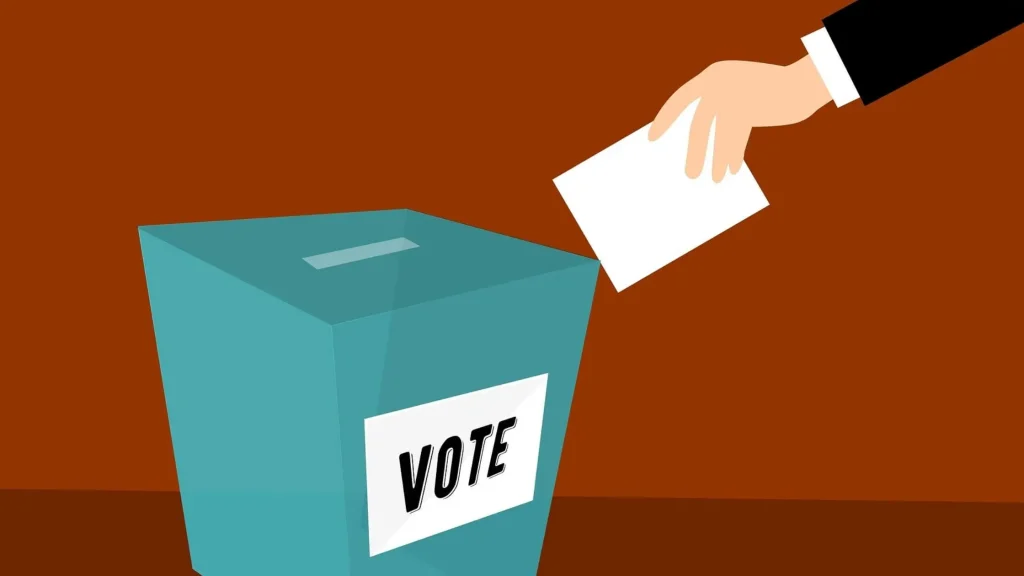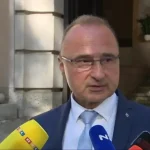The government held a conference call at which a proposal was made to finance the elections with budget reserves accumulated in previous years, which was a fallback option because the budget for 2022, which was to contain funds for the elections, has not been adopted yet due to political disputes in the country.
The adoption of the decision on securing funds for the elections was eventually blocked by ministers from the Croat HDZ BiH party while Serb and Bosniak ministers voted in favour.
Under the current election law, 19 May is the deadline by which the country’s government, the Council of Ministers, must secure funds for the implementation of elections which the Central Election Commission (SIP) has estimated will cost more than €6.5 million.
The general election is expected to be held based on the country’s existing election law after the failure of all attempts to change the law in order to secure the implementation of rulings of the BiH Constitutional Court and the European Court of Human Rights.
Their implementation was to have eliminated discrimination of voters in the election process based on their ethnicity or place of residence as well as secure the right for Croat voters to elect on their own Croat representatives to the BiH Presidency and the House of Peoples of the Federation of Bosnia and Herzegovina, the country’s Bosniak-Croat entity.
Parties gathered around the Croatian National Assembly of Bosnia and Herzegovina (HNS BiH) maintain there are therefore no legal preconditions to implement the election results.
They have decided, however, to participate in the elections, hopeful that before October some sort of agreement on the election reform could be reached, a possibility the Bosniak Party of Democratic Action (SDA) has resolutely dismissed.
Immediately after SIP called the elections on 4 May, the BiH Council of Ministers was asked to secure funds for their implementation, a request openly supported by the Office of the High Representative, the United States and the most influential EU member countries.
In a separate statement issued after the vote at the Council of Ministers, Finance Minister Bevanda claimed money for the elections cannot be secured the way it was attempted on Tuesday.
“Law and lawful conduct were evidently not a priority in proposing this decision,” Bevanda said, noting the proposal was a result of political pressure.
He accused SIP of “an unprecedented campaign of imputation and manipulation”, an allusion to the fact that SIP has accused him of trying to obstruct the implementation of the elections and threatened to sue him.
For more, check out our politics section.











